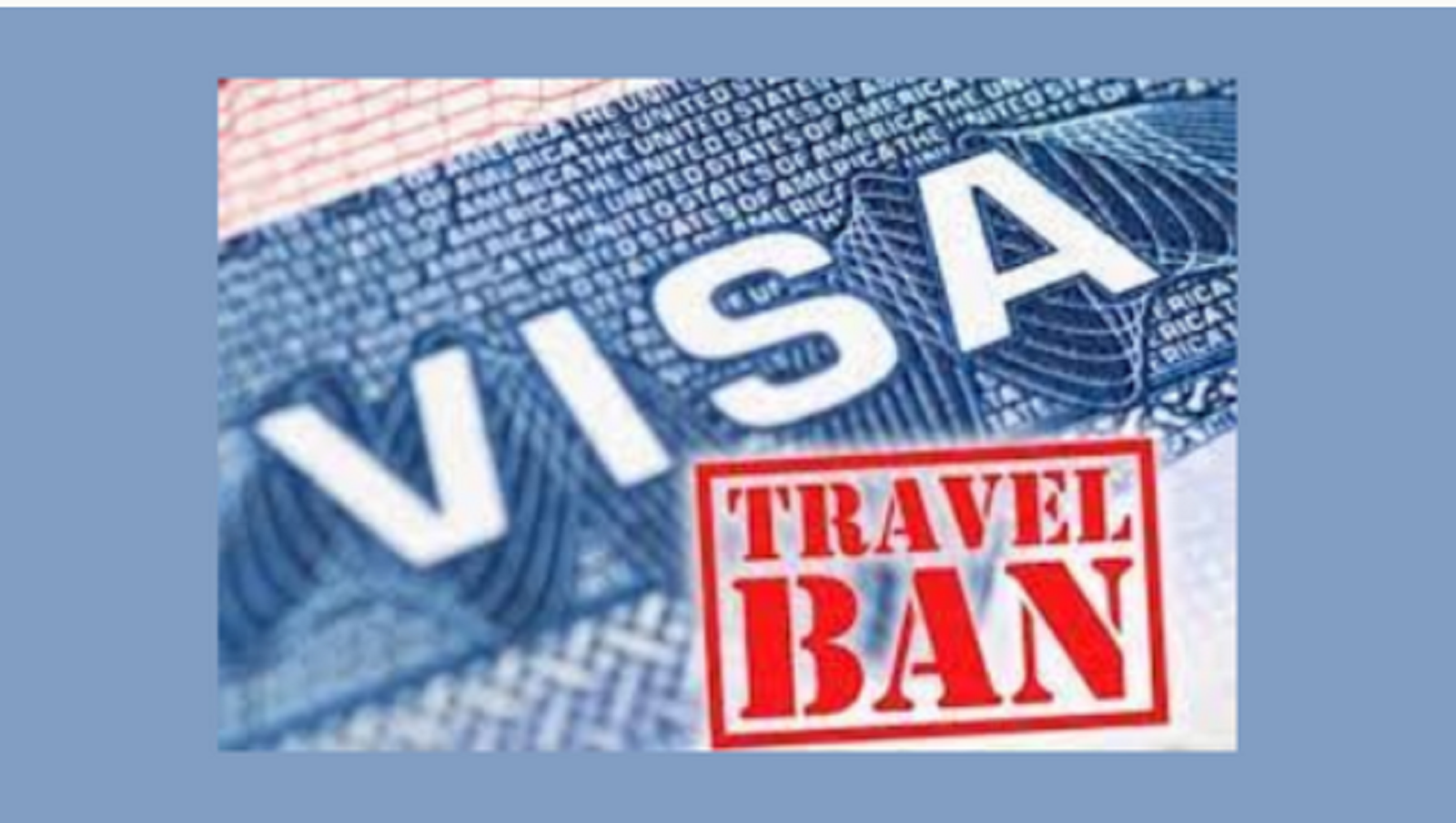UAE Official has told CNN that the Visa ban on Nigeria has not been lifted.
NewsOnline Nigeria reports that the United Arab Emirates (UAE) visa ban on Nigeria has not been lifted, contradicting the Nigerian government’s claim of lifting the year-long travel restriction on Nigerian travelers.
This is according to an official from the Gulf state who told CNN,
- “There are no changes to the Nigeria/UAE travel status so far.” The source requested anonymity as he is not authorized to speak to the media.
On Monday, President Bola Tinubu met with UAE leader Mohamed bin Zayed Al Nahyan in Abu Dhabi, where both leaders reportedly “finalized a historic agreement,” as stated by the Nigerian government.
The government’s statement mentioned that this agreement was expected to lead to the lifting of the visa ban and the immediate resumption of flights between both countries. Nigeria’s presidential spokesman, Ajuri Ngelale, stated,
- “Furthermore, by this historic agreement, both Etihad Airlines and Emirates Airlines are to immediately resume flight schedules into and out of Nigeria, without any further delay.”
However, following the announcement, the UAE government stated on Monday that both leaders had “explored opportunities for further bilateral collaboration” to ” reinforce ties between the UAE and Nigeria.” Notably, this statement did not mention either the lifting of the visa ban or the resumption of flights.
In a follow-up, Nigerian government spokesman Ngelale indicated that officials from both countries needed more time to finalize the agreement details, contradicting his earlier statement.
Why did the UAE issue a visa ban on Nigeria?
Last October, the UAE announced that it would no longer issue visas to citizens from Nigeria and 19 other African nations, without providing further details. Obtaining a 30-day tourist visa had been relatively easy until the UAE abruptly stopped issuing visas to Nigerian nationals.
Flights between both countries were halted last year after Dubai’s Emirates Airline suspended its operations in Nigeria, citing difficulties in accessing and repatriating its funds, which amounted to $85 million which were withheld in Nigeria.














